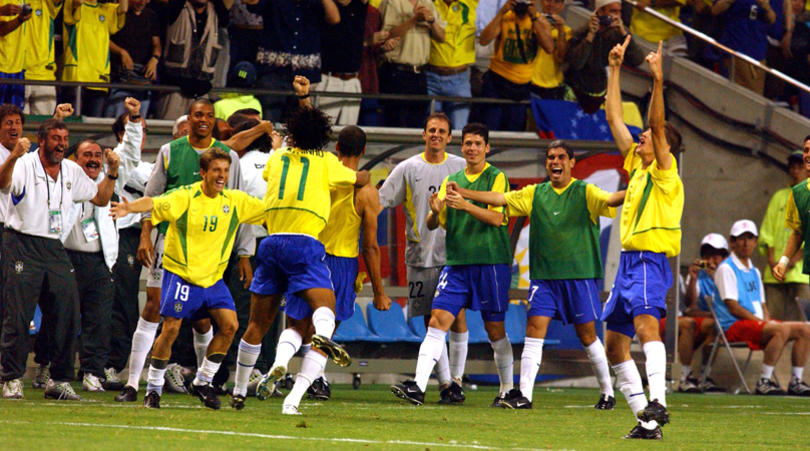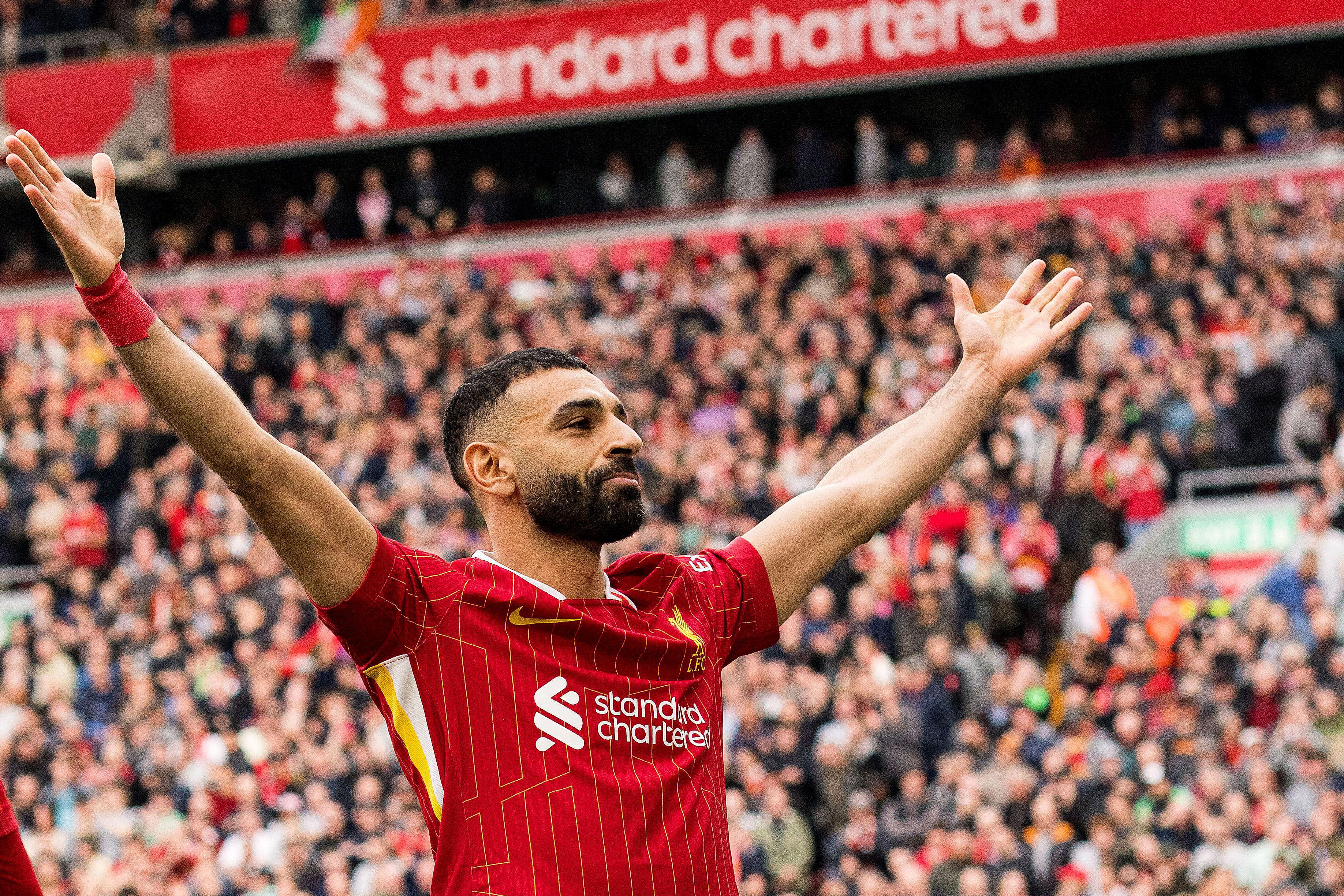Where are they now? Cruyff's legendary Barcelona Dream Team, 1991/92
Greg Lea remembers the most-used XI that won La Liga and the Catalans' first European Cup in 1991/92
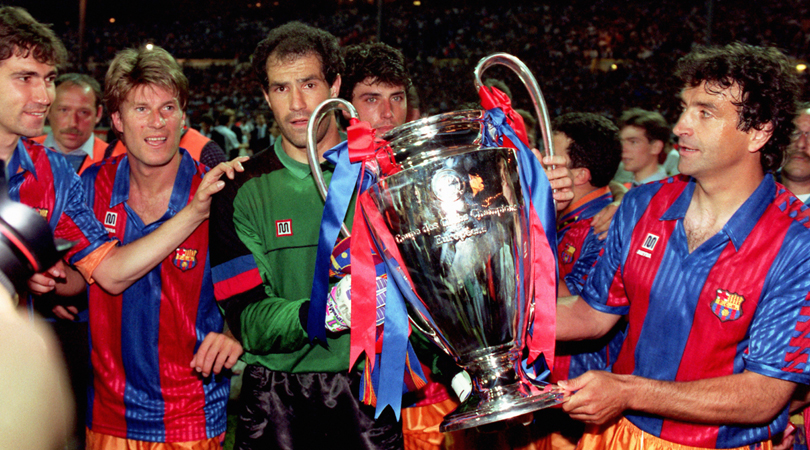
Andoni Zubizarreta
The 126-time Spain international kept 22 clean sheets in all competitions that year, including five straight shut-outs in Barcelona’s final few fixtures of the league campaign
Zubizarreta was ever-present during Barcelona’s highly successful 1991/92 campaign, playing every minute of every game on the road to glory in both La Liga and the European Cup. The 126-time Spain international kept 22 clean sheets in all competitions that year, including five straight shut-outs in Barcelona’s final few fixtures of the league campaign – as a result, Johan Cruyff’s side won each of those matches and pipped Real Madrid and Atletico Madrid to the title.
Zubizarreta spent four seasons at Valencia after leaving Catalonia in 1998, before becoming Barça’s director of football in 2010. He left that role five years later and is currently Marseille’s sporting director.
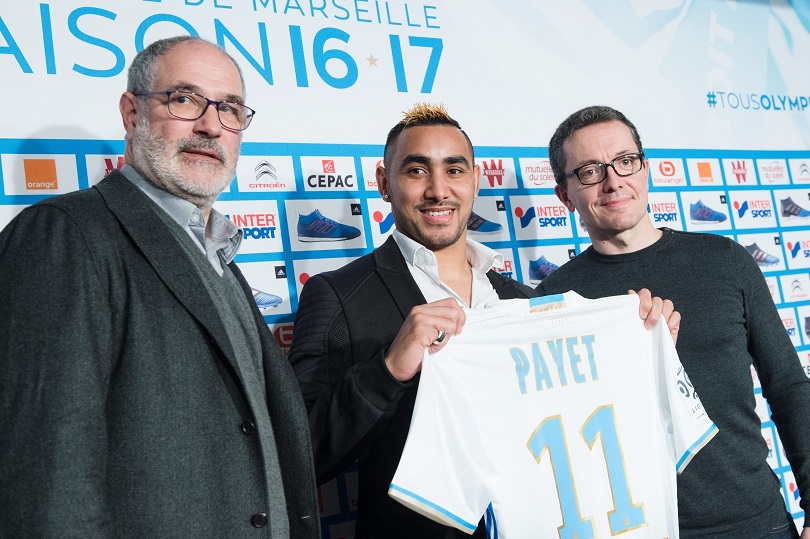
Ronald Koeman
He returned to Camp Nou as Louis van Gaal’s assistant and has since taken charge of Vitesse, Ajax, Benfica, PSV, Valencia, AZ, Feyenoord, Southampton and Everton
Set-piece specialist Koeman scored the goal that won Barcelona their first ever European Cup, driving a free-kick past Sampdoria goalkeeper Gianluca Pagliuca with just over eight minutes of extra-time left to play. It was one of 17 strikes he managed that year, 16 of which came in 35 La Liga appearances – a frankly astonishing return for a player who spent most of his time as a sweeper.
Koeman left Barcelona for Feyenoord in 1995, before hanging up his boots two years later. He then returned to Camp Nou as Louis van Gaal’s assistant and has since taken charge of Vitesse, Ajax, Benfica, PSV, Valencia, AZ, Feyenoord, Southampton and current club Everton.
Nando
Get FourFourTwo Newsletter
The best features, fun and footballing quizzes, straight to your inbox every week.
Although Nando only spent two seasons at Barcelona, he played an integral part in the club’a accomplishments during that time
Although Nando only spent two seasons at Barcelona, he played an integral part in the club’a accomplishments during that time. The Spanish centre-half, who went on to represent both of the Blaugrana’s main rivals, Real Madrid and Espanyol, played 29 times in Barcelona’s victorious La Liga campaign and was also part of the back three that helped beat Sampdoria at Wembley.
Nando retired in 2001 and hasn’t had a great deal of involvement in the game since then, instead opting to keep a low profile in his home town of Seville.
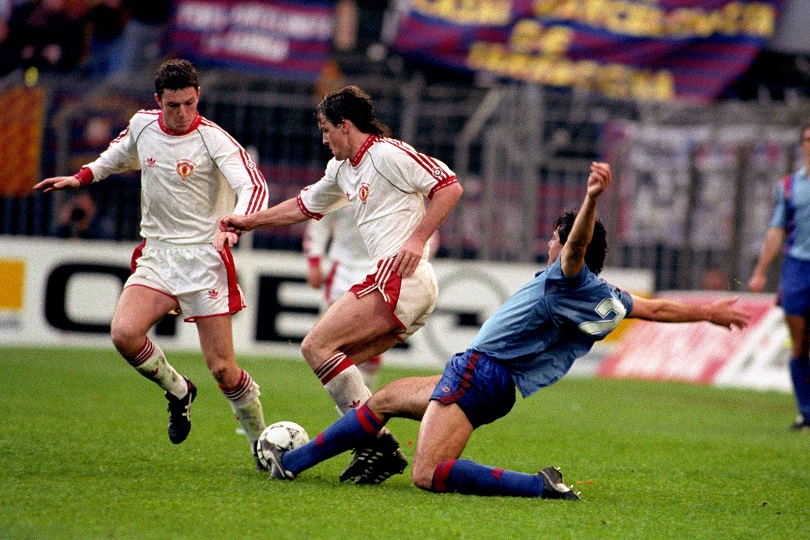
Juan Carlos
He ended his career at Real Valladolid in the late 1990s and subsequently returned to the club as a director in 2008
Juan Carlos joined Barcelona from Atletico Madrid in summer 1991 and immediately enjoyed the most successful season of his career. He appeared 28 times in all competitions as the Catalans swept all before them in Spain and on the continent, including for the entire 120 minutes at Wembley as Sampdoria were put to the sword in front of a 70,800-strong crowd.
He ended his career at Real Valladolid in the late 1990s and subsequently returned to the club as a director in 2008.
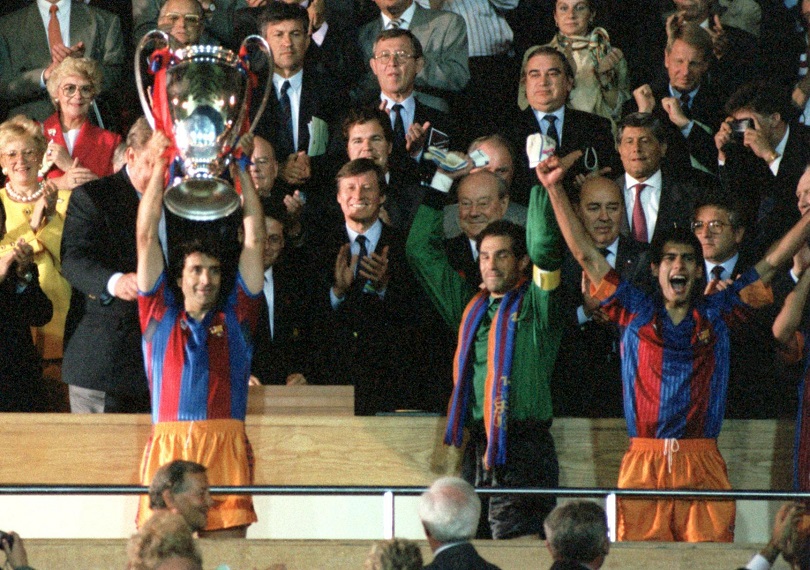
Jose Mari Bakero
He weighed in with 14 goals in La Liga and the Champions League that season – only Koeman, Hristo Stoichkov and Michael Laudrup contributed more
Bakero began his career as a striker before dropping back into midfield, with Cruyff deploying him in the centre and on the right during 1991/92. He weighed in with 14 goals in La Liga and the Champions League that season – only Koeman, Hristo Stoichkov and Michael Laudrup contributed more – and was a regular creator of chances for his team-mates, too.
Bakero has managed Real Sociedad, Polonia Warsaw, Lech Poznan and Juan Aurich in the last decade, while he also enjoyed a brief stint as technical director of Venezuelan outfit Deportivo La Guaira in 2015.
Pep Guardiola
Guardiola went on to dominate German football with Bayern Munich and is now attempting to do the same in England as Manchester City manager
This was Guardiola’s breakthrough season at Camp Nou, the midfield metronome playing 40 games in all competitions after making just five appearances the previous year. He won a total of 10 major trophies during his time as a Barcelona player, and later turned out for Brescia, Roma, Al-Ahli and Dorados before retiring in November 2006.
He returned to Catalonia to take over the B team seven months later, which preceded an incredible four-year spell in charge of the senior side that brought Barça three more La Liga crowns and two Champions Leagues. Guardiola went on to dominate German football with Bayern Munich and is now attempting to do the same in England as Manchester City manager.
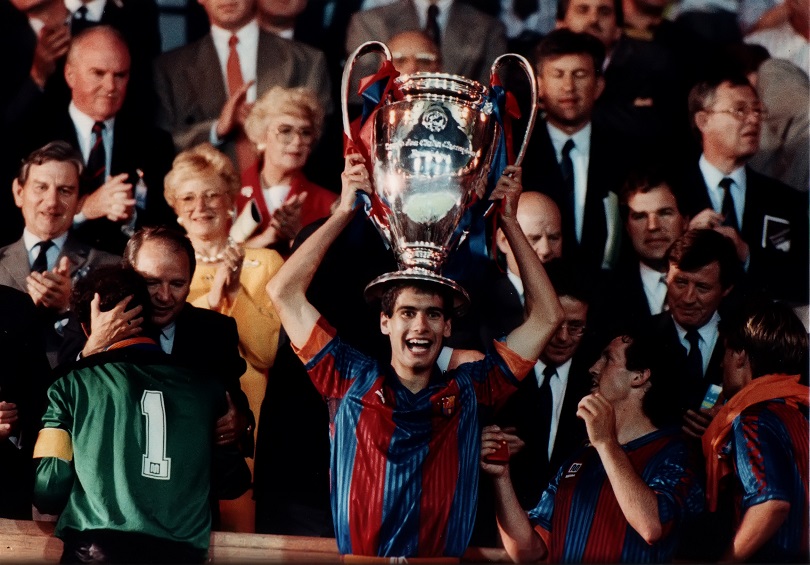
Eusebio Sacristan
The midfielder played 42 games in 1991/92, including nine on the road to Wembley and the final itself
Spain’s Eusebio may not have been quite as good a player as the Portuguese version, but the current Real Sociedad coach was essential to Barcelona’s domestic and European achievements under Cruyff. The midfielder played 42 games in 1991/92, including nine on the road to Wembley and the final itself; he spent three more seasons at Camp Nou thereafter, before signing for Celta Vigo in 1995.
Eusebio’s first coaching role came at Barcelona, where he was assistant manager between 2003 and 2008. He later replaced Luis Enrique as the B team’s boss and celebrated 12 months at the helm of Real Sociedad in November. He's now in the frame to succeed Enrique again – this time for the big job.
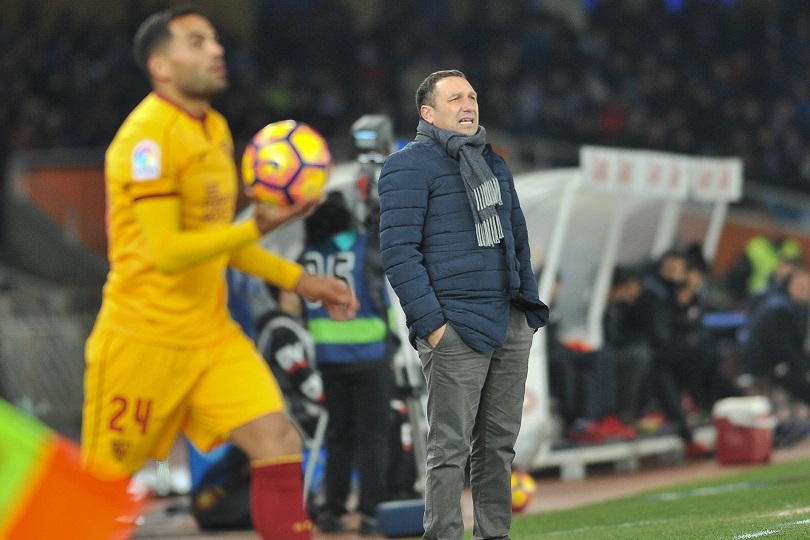
Guillermo Amor
Amor then spent a couple of years at Villarreal, before a curious three-game spell with Livingston in the Scottish Premier League
Michael Laudrup was the only outfielder to start more La Liga games than Amor in 1991/92, but the midfielder didn’t even make the matchday squad for the European Cup final. He played at Barcelona for a decade, departing in 1998 to join Fiorentina in Serie A; Amor then spent a couple of years at Villarreal, before a curious three-game spell with Livingston in the Scottish Premier League.
Amor worked behind the scenes at Barcelona after his playing days ended and is now manager of Adelaide United in the A-League.
Txiki Begiristain
Begiristain was the Catalans’ sporting director between 2003 and 2010 and presently holds the same position at Manchester City
Begiristain may have been an unused substitute at Wembley – Julio Salinas was chosen to partner Stoichkov up front ahead of him – but he was nevertheless an important member of Cruyff’s Dream Team, playing 34 of 38 matches in La Liga and eight of Barcelona’s 11 in continental competition. A left winger who was also capable of playing through the middle, Begiristain contributed nine goals in 1991/92, including a vital brace against Kaiserslautern in the second round of the European Cup.
Begiristain was the Catalans’ sporting director between 2003 and 2010 and presently holds the same position at Manchester City.
Michael Laudrup
His 16 goals and incalculable excellence in a creative role frequently made the difference for Cruyff’s charges
Widely considered one of the greatest Barcelona players of all time, Laudrup was voted the best foreign player in La Liga by Spanish sports magazine Don Balon in 1991/92 – at a time when only three were allowed in a squad.
The Denmark international started whenever he was fit that season, with his 16 goals and incalculable excellence in a creative role frequently making the difference for Cruyff’s charges.
Laudrup turned his hand to management four years after retiring at Ajax, and has coached seven clubs (including Getafe, Spartak Moscow and Swansea) in five different countries since 2002. Qatari outfit Al-Rayyan are his current employers.
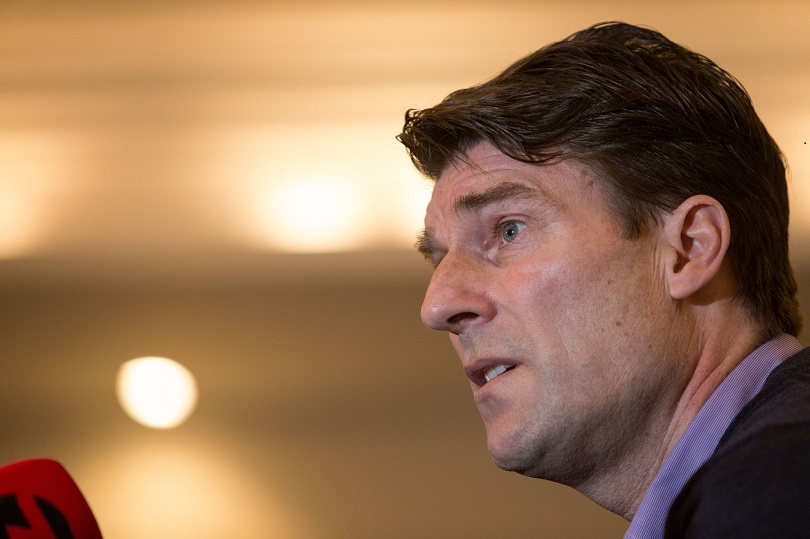
Hristo Stoichkov
Stoichkov left Barcelona to spend a season at Parma in the mid-1990s but couldn’t resist the chance to return to Camp Nou for two more years
Another of Barça’s Hall of Famers, Stoichkov scored 109 goals in 212 games during his first spell at the club between 1990 and 1995. Twenty-two of those strikes came in the 1991/92 campaign, when the Bulgarian forward netted in vital meetings with Atletico Madrid, Benfica and Dynamo Kyiv.
Stoichkov – the 1994 Ballon d'Or winner – left Barcelona to spend a season at Parma in the mid-1990s, but couldn’t resist the chance to return to Camp Nou for two more years from 1996-98. He wound down his career with CSKA Sofia, Al-Nassr, Kashiwa Reysol, Chicago Fire and D.C. United.
The Bulgarian's first job in management came with his country in 2004, but since then there have only been brief stints with Celta Vigo, Mamelodi Sundowns and Litex Lovech. He’s not coached since leaving CSKA Sofia three years ago.
Albert Ferrer (sub)
The Barcelona-born defender left his boyhood club for Chelsea in 1998 and helped the Blues qualify for the Champions League
Although 21-year-old Ferrer started the European Cup final alongside Nando and Koeman at the back, he spent much of the season on the substitutes’ bench and completed only 15 matches in total.
The Barcelona-born defender left his boyhood club for Chelsea in 1998 and helped the Blues qualify for the Champions League in his debut campaign in England. Ferrer then turned his hand to coaching after bringing the curtain down on his playing career in 2003, but stints at Vitesse, Cordoba and Mallorca were much shorter than he would have liked.
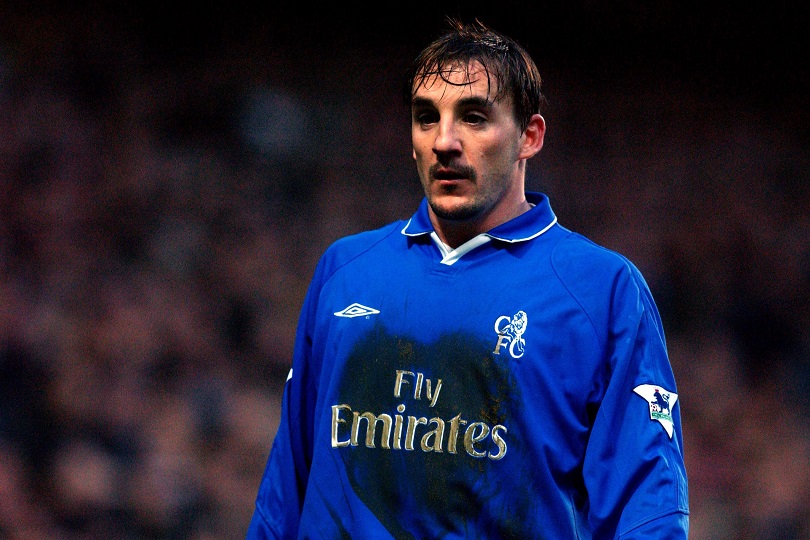
Andoni Goikoetxea (sub)
Following spells with Athletic Club and Osasuna and a brief sojourn in Japan with Yokohama Marinos, Goikoetxea called it a day in 1999
Not to be confused with his ‘Butcher of Bilbao’ namesake, Goikoetxea entered the fray against Sampdoria as a second-half substitute. Around a third of his 32 league appearances in 1991/92 came from the bench, although he was included in the starting XI for crunch European clashes with Benfica, Sparta Prague and Dynamo Kiev.
Following spells with Athletic Club and Osasuna, plus a brief sojourn in Japan with Yokohama Marinos, Goikoetxea called it a day in 1999. He returned to Osasuna as assistant manager seven years later and also spent a season in the same role at Xerez, but he’s not held a formal position in football since 2010.
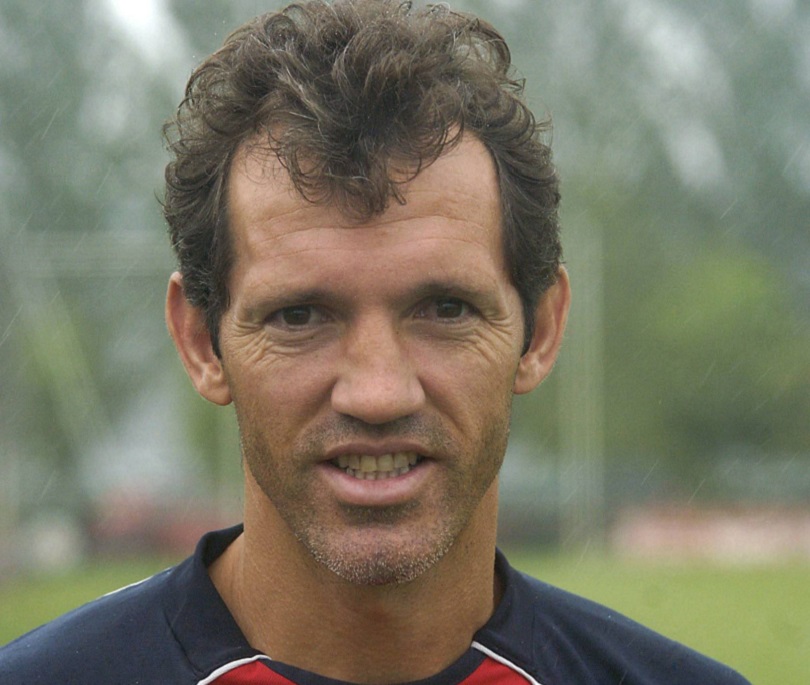
Julio Salinas (sub)
The former striker moved into the media after hanging up his boots and is currently employed as a commentator on Spanish television
Salinas retired with an impressive scoring rate, having plundered 205 goals in 533 Spanish games for Athletic Club, Atletico Madrid, Barça, Deportivo La Coruna, Sporting Gijon and Alaves. He only managed nine goals in 1991/92, however, with his game time limited due to the intense competition for places at Camp Nou: Salinas started just three matches in La Liga, although he was a surprise inclusion in Cruyff’s line-up at Wembley.
The former striker moved into the media after hanging up his boots and is currently employed as a commentator on Spanish television.
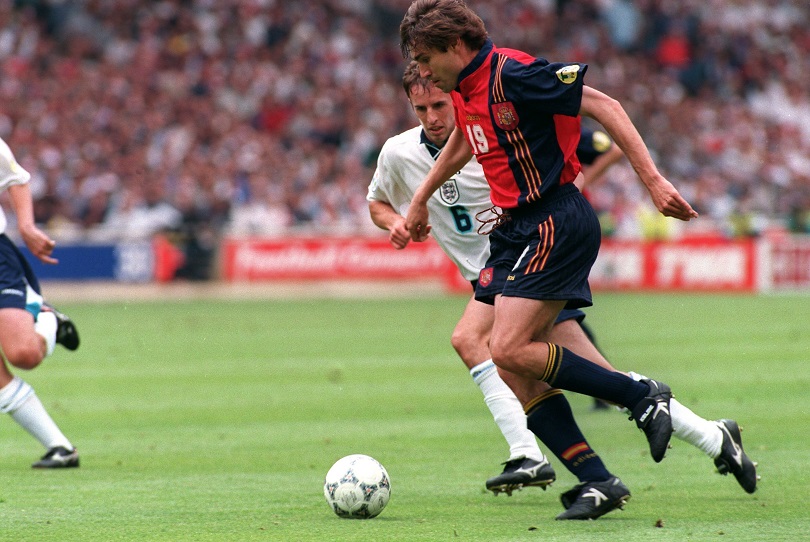
Johan Cruyff (manager)
After representing Barcelona as a player in the 1970s, Cruyff returned as manager in 1988 and played a major role in shaping the club we know today. As future boss, Guardiola once said: “Cruyff painted the chapel; Barcelona coaches since merely restore or improve it.”
The legendary Dutchman won four La Liga titles, the European Cup and a Copa del Rey during his eight seasons in charge at Camp Nou. He remained close to the club following his departure in 1996 and recommended the appointments of Frank Rijkaard and Guardiola, as well as being named honorary president in March 2010 – a title he was then stripped of by incoming president Sandro Rosell just four months later.
Cruyff passed away last March after losing his battle with lung cancer. Few men have had such a profound influence on the game.
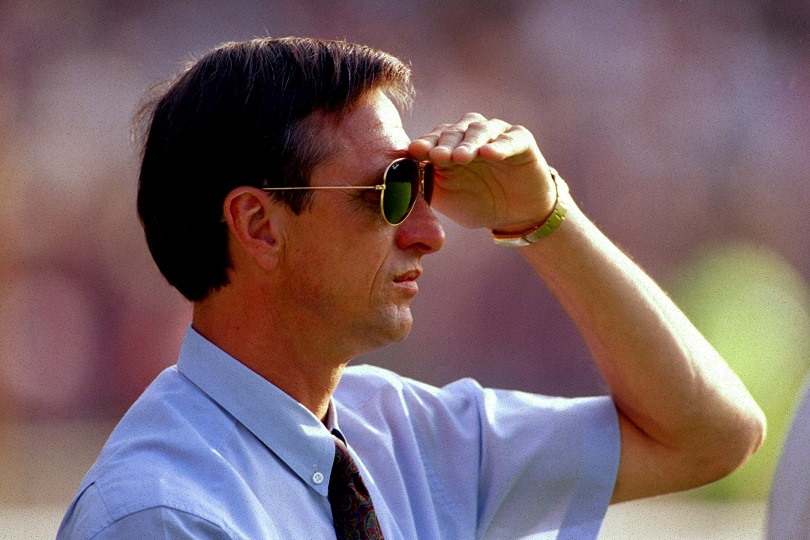
More Cruyff...
- ACTION REPLAY How Johan Cruyff reinvented modern football at Barcelona
- IN MEMORY Why Cruyff matters
- LONG READ Johan Cruyff: The player, the coach, the legacy
Greg Lea is a freelance football journalist who's filled in wherever FourFourTwo needs him since 2014. He became a Crystal Palace fan after watching a 1-0 loss to Port Vale in 1998, and once got on the scoresheet in a primary school game against Wilfried Zaha's Whitehorse Manor (an own goal in an 8-0 defeat).
